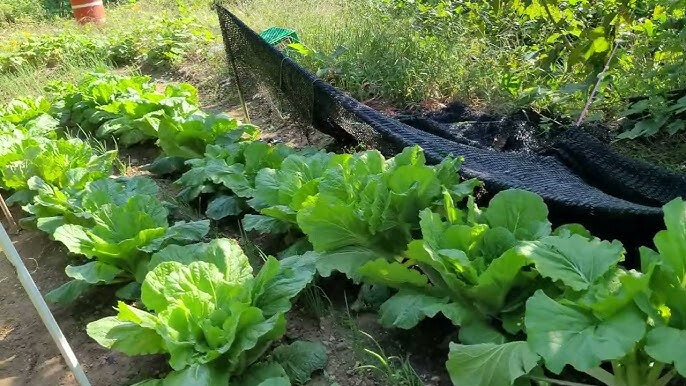
Seoul, South Korea – The South Korean government has announced a comprehensive "Agricultural and Rural Innovation Strategy" aimed at ensuring a stable supply of agricultural products amid increasingly frequent climate change-induced disruptions and to revitalize rural communities facing depopulation.
The Ministry of Agriculture, Food and Rural Affairs revealed the strategy at an economic ministers' meeting on Tuesday, outlining a nationwide climate change response system to maintain current levels of agricultural production.
In the short term, the government plans to develop new agricultural production areas and expand disaster prevention facilities. For summer cabbage, the government aims to identify new cultivation areas covering approximately 20% of the average annual cultivated area, equivalent to 1,000 hectares, and will pilot a project to establish an 18-hectare production base.
For apples, the government will increase new production areas in regions like Gangwon Province to 2,000 hectares by 2030 and establish 60 specialized smart orchard clusters during the same period.
Over the long term, the government will develop climate-resilient crop varieties and improve related technologies. Additionally, it will establish an agricultural master database to provide information on crop pests, diseases, and growth. The government will also build a permanent storage system for vegetables with high production fluctuations and conduct research on an "overseas agricultural development model" next year, which includes exploring options for developing vegetables with unstable supplies overseas.
The strategy also includes long-term measures to address the rural depopulation issue. The ministry noted that the rural areas are facing a crisis due to continuous population decline and stagnant agricultural growth. Climate change and a decreasing agricultural workforce have further exacerbated the instability of agricultural production, threatening the stability of people's lives.
To address this, the government will designate "self-regulating innovation zones" in rural areas at risk of depopulation. By creating rural tourism complexes in designated areas, the government aims to attract private investment and population inflow. To increase the rural living population, the government will create rural stay-type complex facilities and workation infrastructure. Legal grounds will also be established to install rural stay-type shelters, which are temporary accommodations built on farmland.
Agriculture Minister Song Mi-ryung stated at the meeting, "Through this strategy, we will maintain the stable supply function of agricultural food products despite climate change and a declining agricultural workforce. By applying advanced technologies and expanding overseas markets, we will enhance the growth potential of agriculture. Additionally, we will revitalize the rural economy to respond to rural depopulation."
[Copyright (c) Global Economic Times. All Rights Reserved.]






























